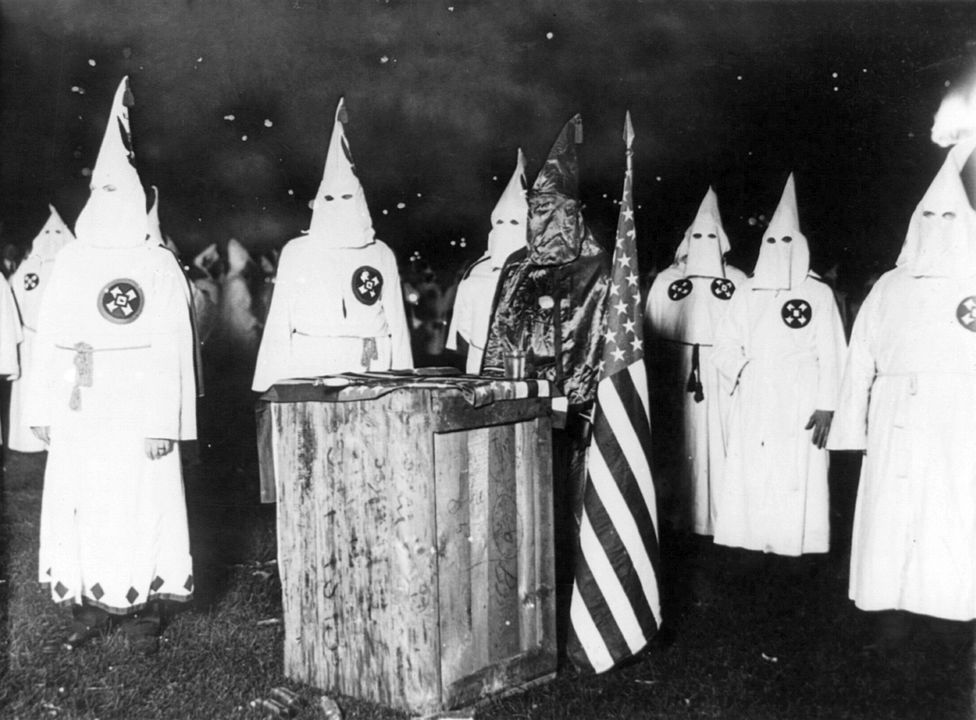The Broken Window Theory of Social Media
A girl in my grade school was repeatedly bullied, but the teachers (Catholic nuns) failed to intervene. Several of the boys formed a mob that picked on her, both in class and on the playground. They mocked her with nicknames. They chanted at her. They made fun of the way she looked, including the thick glasses she wore. They sneered at her, sometimes causing her to look very sad. Other students would sometimes try to intervene but it was at the risk of becoming targets themselves. Several decades later, this bullied girl had grown into a very impressive woman who told me that this bullying contributed to severe depression while she was a young adult.
As I reminisced about this sad chapter of grade school, I thought about how far we haven’t come. On social media (for me, FB and Twitter), I’ve seen similar boorish online behavior by numerous people, including intelligent people who I consider friends and who are offering ideas I consider valuable. The bad behavior is usually directed to people on the “opposing political team,” but that is no excuse. There is no excuse at all. Why do people who are generally decent and thoughtful stoop to the low bar set by the President? Do they think it’s OK to be like Trump?
Why do so many people think it’s OK to engage in name-calling, slurs, ad hominem attacks, guilt by association and numerous other fallacious and malicious forms of argument? These things are the broken windows and graffiti of social media and they are also symptoms of something much deeper. Why do grown educated adults make fun of the way other people look, including ridiculing the President’s obesity, lack of hair and skin color? Trump’s behavior repulses me, but I will keep my criticisms aimed only at his behavior, not his looks. What is the justification for doing otherwise in a civil society?
Many people justify their social media loutishness by pointing to the loutish behavior of members of the other political team, as though this justifies anything. We need to rise about this temptation and with a little discipline we can do it. Others have done it in much more trying circumstances. Ben Fainer, a friend of mine, died a few years ago. He was tortured and terrorized for six years at Buchenwald and other concentration camps during WWII. In his 2012 video, I asked him whether he hated the Nazis for what they did to him and his family. He said, “If I hate, I’m going to hurt myself.” The way that Ben discusses his survival in the camps is an inspiration to me (See minute 38:20). Truly, we can stay above the fray.
As new fault lines are becoming more apparent within the two traditional political teams, I’m seeing even more of this bad behavior online. Why is this OK? We don’t hurl weaponized language at each other in person. Why aren’t we taking special care on social media, given the increased risk of treating each other as floating words rather than as fully human?
Can’t we see that we are engaged in cheapest type of virtue signaling when we use low rent language and bullying tactics? For those of you who claim to be Christian how can you possibly justify this behavior? Is that how any of us were raised? Don’t we want to be good examples for our own children? Wouldn’t it be better for us to take our inspiration from real life great communicators like Martin Luther King rather than by plummeting to the coarse ignorance of Donald Trump?
In tumultuous times like this, when mortality salience is thick in the air, we are being poisoned by the ingroup bias. It binds and blinds far more than we realize. This group bias can make a pit of venomous snakes look like soft puppies and it can make puppies look like venomous snakes. Our deeply ingrained groupish tendencies can cause the confirmation bias run rampant and most of us are completely oblivious. Until we muster the discipline to take the red pill that allows us to see this cluttered world as a complex ecosystem rather than a Manichean battlefield, we will suffer a long succession of missed opportunities. Step one is to recognize the full humanity of each other while online.
If we have the better facts and persuasion, then let us educate and persuade each other. If our ideas are so undeniably correct, why not offer our ideas fairly and, yes, forcefully, after giving our opponents their best foot forward? Let’s make social media a place where we want to be both inspired and challenged. Let’s clean up all of this broken glass and graffiti. When we disagree with others, let us have the courage to work together to find out why we disagree. When we can’t seem to resolve our differences, let’s make sure that we always recognize the humanity in each other in the process. That is the only way we will stop this insanity.



